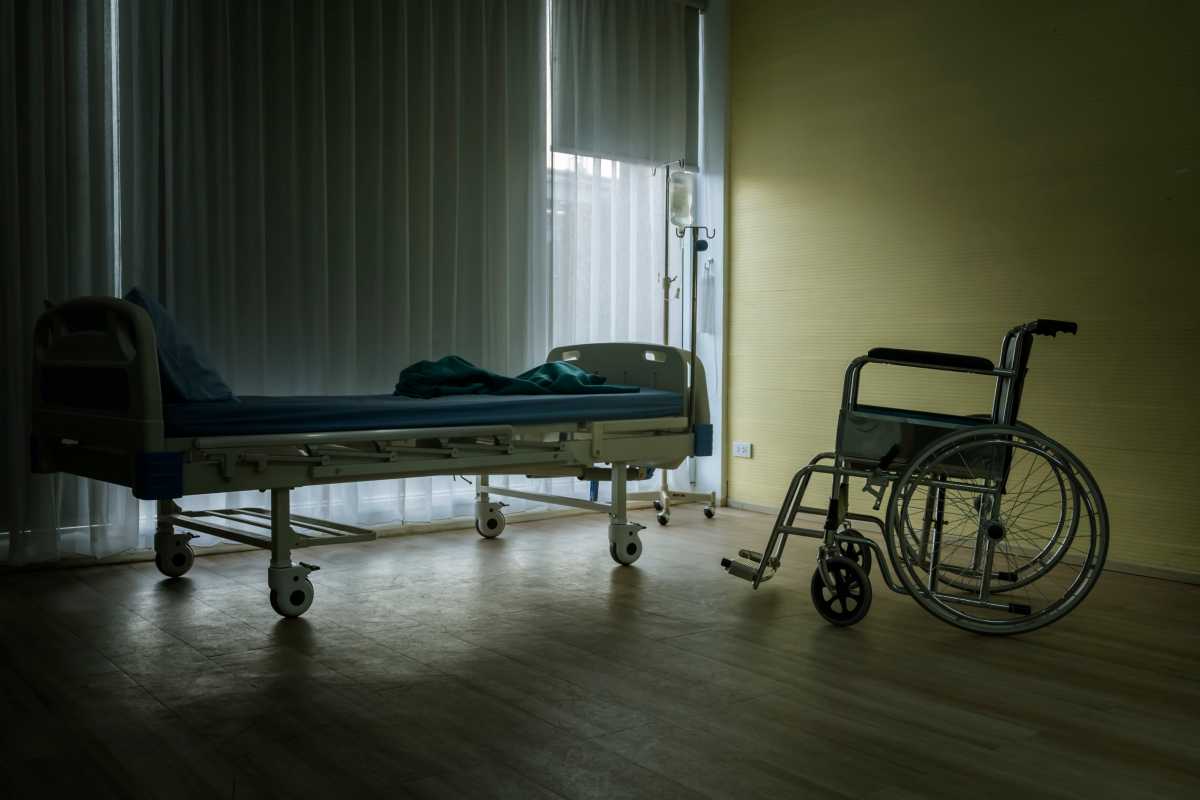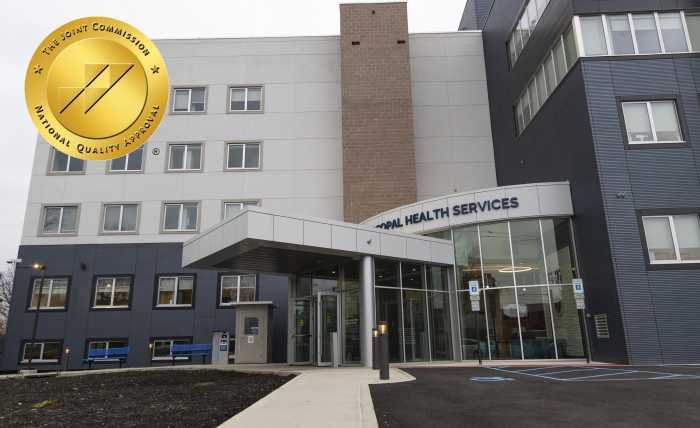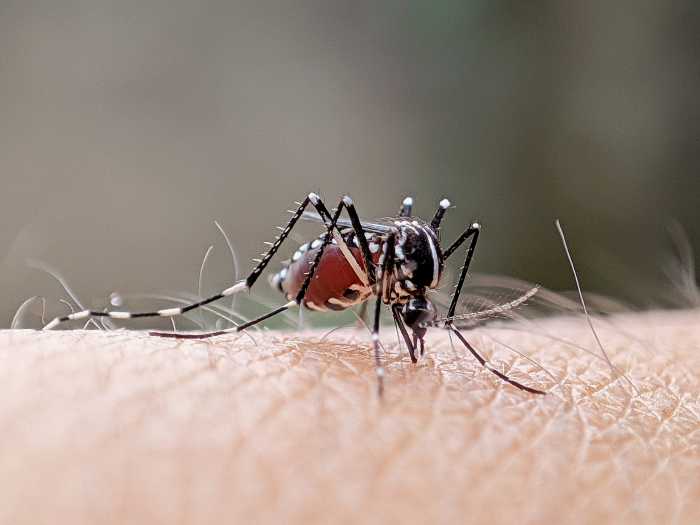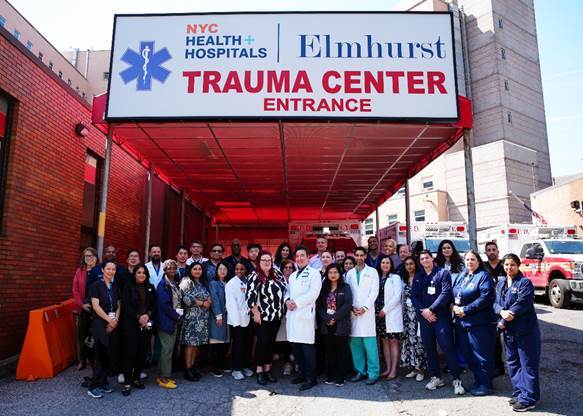Assemblyman Ron Kim, who has been critical of the state’s handling of nursing homes during the COVID-19 pandemic, addressed an eye-opening report released Thursday by the state Attorney General’s Office that revealed nursing home deaths may have been undercounted by as much as 50 percent.
“This groundbreaking report from the Attorney General’s office confirms what I publicized last spring — that for-profit nursing home executives criminally neglected nursing home residents and staff because they were disincentivized to act more responsibly,” Kim said. “The governor handed out blanket immunity to corporate executives which cost lives and brought undue pain and suffering. It is a business model soaked in blood.”
At the height of the pandemic in March, Gov. Andrew Cuomo granted limited immunity provisions for health care providers relating to COVID-19. The Emergency Disaster Treatment Protection Act (EDTPA) provides immunity to health care professionals from potential liability arising from certain decisions, actions and/or omissions related to the care of individuals during the COVID-19 pandemic.
Since March, Attorney General Letitia James has been investigating nursing homes throughout New York State based on allegations of patient neglect and other concerning conduct that may have jeopardized the health and safety of residents and employees.
Among those findings were that a larger number of nursing home residents died from COVID-19 than the NYS Department of Health’s (DOH) published nursing home data reflected. The data also reflects apparent underreporting to Department of Health (DOH) by some nursing homes of resident deaths in the facilities.
Preliminary data obtained by James’ office suggests that many nursing home residents died from COVID-19 in hospitals after being transferred from their nursing homes, which is not reflected in DOH’s published total nursing home death data.
The investigations also revealed that nursing homes’ lack of compliance with infection control protocols put residents at increased risk of harm, and facilities that had lower pre-pandemic staffing ratings had higher COVID-19 fatality rates.
Based on these findings and subsequent investigation, James is conducting ongoing investigations into more than 20 nursing homes whose reported conduct during the first wave of the pandemic presented particular concern.
“As the pandemic and our investigations continue, it is imperative that we understand why the residents of nursing homes in New York unnecessarily suffered at such an alarming rate,” James said. “While we cannot bring back the individuals we lost to this crisis, this report seeks to offer transparency that the public deserves and to spur increased action to protect our most vulnerable residents. Nursing homes residents and workers deserve to live and work in safe environments, and I will continue to work hard to safeguard this basic right during this precarious time.”
At the direction of Gov. Andrew Cuomo, on April 23, the attorney general’s office set up a hotline to receive complaints relating to communications by nursing homes with family members prohibited from in-person visits to nursing homes and formally initiated a large-scale investigation of nursing homes’ responses to the pandemic.
The office received more than 770 complaints on the hotline through August 3, and an additional 179 complaints through Nov. 16. The office also continued to receive allegations of COVID-19-related neglect of residents through pre-existing reporting systems.
Despite the disturbing and potentially unlawful findings, due to recent changes in state law, it remains unclear to what extent facilities or individuals can be held accountable if found to have failed to appropriately protect the residents in their care.
In order to ensure no one can evade potential accountability, James recommends eliminating these newly enacted immunity provisions.
Meanwhile, Kim, who presented a bill last year to create a temporary bi-partisan commission with subpoena power to investigate the matter, is calling for a full repeal of Article 30-D, so families can seek retroactive justice.
Kim’s office published a three-part investigative report that analyzed patient outcomes at for-profit nursing homes and examined their connection with increased COVID-19 patient deaths compared to outcomes at not-for-profit nursing homes.
The disparity in the data, according to Kim, demonstrated a clear pattern of malfeasance and neglect in the for-profit sector, prompting Kim to send his report to the United States Ambassador to the United Nations to begin a human rights investigation.
In a statement, State Health Commissioner Dr. Howard Zucker said no one was being dishonest, rather, nursing home COVID deaths had been counted only if a person actually died in the facility.
“The OAG’s report is only referring to the count of people who were in nursing homes but transferred to hospitals and later died. The OAG suggests that all should be counted as nursing home deaths and not hospital deaths even though they died in hospitals,” Zucker said. “That does not in any way change the total count of deaths but is instead a question of allocating the number of deaths between hospitals and nursing homes. The word ‘undercount’ implies there are more total fatalities than have been reported; this is factually wrong. DOH has consistently made clear that its numbers are reported based on the place of death.”
Zuckerman said DOH has always publicly reported the number of fatalities within hospitals irrespective of the residence of the patient, and separately reported the number of fatalities within nursing home facilities and has been clear about the nature of that reporting.
“DOH does not disagree that the number of people transferred from a nursing home to a hospital is an important data point, and is in the midst of auditing this data from nursing homes” Zuckerman said.
Zucker further noted that many nursing home operators “made grave mistakes and were not adequately prepared for this pandemic, and that reforms are needed, which is why we proposed radical reforms to oversight of nursing home facilities in this year’s state budget.”
“There is no satisfaction in pointing out inaccuracies; every death to this terrible disease is tragic, and New York was hit hardest and earliest of any state as a direct result of the federal government’s negligence,” Zucker said. “There is still an ongoing crisis that is being actively managed and investigated and we will review the remainder of the recommendations as we continue to fight with every resource and asset to protect all New Yorkers from the scourge of COVID.”




































